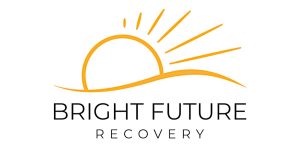Home » Treatments » Marijuana Detox
Marijuana Detox
- Cheree Ashley
- Medically Reviewed
Marijuana Detox Programs
Marijuana is one of the most commonly used drugs in the United States by young and old people alike. Marijuana, while not as physically addictive as other drugs, still can present problems like psychological addiction in those that use the drug too often. Marijuana detox programs can be attended by those who have difficulty stopping the consumption of the drug. Many people begin the use of marijuana thinking that it does not hold the same addictive qualities as other drugs. While this is true to a certain extent, the overuse of marijuana can still lead to dependence on the substance and, therefore, addiction. Detox programs provide support to those who want to stop using drugs like marijuana. Medical professionals and other trained healthcare staff provide clients with consistent supervision throughout their detoxification and can help patients better handle their symptoms of withdrawal. The presence of medical staff helps clients prevent relapse while they are undergoing detoxification. Clients who attend detoxification and addiction treatment have a high potential to achieve and maintain their sobriety from marijuana and other drugs. Without these programs, people may not be able to handle withdrawal symptoms and may continue their drug use in an effort to avoid any uncomfortable symptoms they may be experiencing.
What is Marijuana Detox and Abuse?
Many people who consume marijuana, also known as weed, pot, and cannabis, do so to help reduce feelings of anxiety and pain, to help with instances of insomnia, or even to feel more comfortable in social settings. Over time, the body will develop a tolerance to marijuana, and larger amounts of the drug will need to be consumed in order for the user to feel the same effects from the drug. Without the presence of marijuana in the body, an individual may begin to feel symptoms of withdrawal. These symptoms may be uncomfortable, leading the person to consume more marijuana to avoid those unwanted symptoms. This creates a dependence on the substance. While marijuana is not as physically addictive as other harder drugs, the potential for addiction is still there, and psychological addiction to the substance can develop over time. Once an addiction develops, users may need to attend a detoxification program in order to stop the use of the drug.
The Effects of Marijuana Abuse on the Body
There are many different ways to consume marijuana, and more ways are being developed over time. One of the most common ways to consume marijuana is by smoking it, either through a joint or a pipe. Another form of marijuana consumption that is growing in popularity is vaporizing the substance. Marijuana extracts can be taken in pill or tincture form, and marijuana is commonly added to foods like baked goods. The effects of marijuana begin to be felt when THC, the active ingredient in marijuana, enters the bloodstream. Some of the symptoms of marijuana use include:
- Feeling a different sense of time
- Mood changes
- Feelings of relaxation
- Feeling humorous
- Increased senses
- Decreased movement/feeling lethargic
- Impaired thinking
- Problems with memory
While there has never been a fatal instance of marijuana consumption when large amounts of marijuana are consumed, users may experience anxiety, delusions, hallucinations, and even marijuana-induced psychosis.
Marijuana use is particularly dangerous for younger people. Among adolescents, marijuana can inhibit important learning functions which form connections within the brain.
Symptoms of Marijuana Detox
The length and severity of marijuana detox symptoms depend largely on the amount of marijuana being consumed and the length of time an individual has been consuming marijuana for. The symptoms of marijuana detox begin within a week of discontinuing the use of marijuana and peak within approximately ten days of the last use. After this peak, symptoms begin to decline in severity over 10-20 days. The most commonly reported detox symptoms from marijuana include:
- Irritability, anger, or feelings of aggressiveness
- Anxiety and nervousness
- Feelings of restlessness
- Depression
- Headaches
- Decrease in appetite
- Sweating, shakiness
- Abdominal pain
- Sleep disturbances such as insomnia, disturbing dreams, and nightmares
Some individuals may continue to experience withdrawal symptoms from marijuana, such as lethargy, depression, mood swings, and cravings for weeks or months after use is discontinued.
How Long Does it Take to Detox from Marijuana?
The amount of time it takes to detox from marijuana use varies from person to person. The length of the detoxification process depends on a number of factors, including:
- The length of time an individual has spent consuming marijuana
- The amount of marijuana being consumed on a regular basis
- The potency of the marijuana or marijuana product being consumed
- The genetic makeup of the individual
- The overall health of the individual
- The method of consumption
The average amount of time it takes to detox from marijuana completely is a few weeks. However, for those who consume marijuana in large quantities on a regular basis, it takes the body longer to rid itself of the toxins marijuana introduced into the system. Those who have severe cases of marijuana addiction often require the help of a detoxification program in order to prevent instances of relapse.
Recognizing if Marijuana Detox May Be Right For You
Individuals who develop a dependency on marijuana may need a detox program to help them stop taking the drug. Those who would benefit from a detox program may experience:
- Cravings for marijuana
- Feeling as though they need to consume marijuana to feel normal or function properly
- Feeling irritable without the use of marijuana
- Obsessing over where to get or how to afford marijuana
- Consuming marijuana frequently
- Needing to consume larger amounts of marijuana to feel the effects
- Isolating from family and friends to consume marijuana
- Stopping previously enjoyed activities to consume marijuana
- Being unsuccessful in their attempts to stop the use of marijuana
Different Types of Detox
Many different types of detox programs are available from addiction recovery centers throughout the country. These programs are confidential, meaning client information is never shared under doctor-patient confidentiality laws. They are also safe; detox programs take place under the supervision of medical professionals, who are able to step in if assistance becomes necessary for any reason. Detoxification programs are available for:
- Alcohol addiction
- Marijuana addiction
- Heroin addiction
- Barbiturate addiction
- Fentanyl addiction
- Morphine addiction
- Lortab addiction
- Hydromorphone addiction
- Tramadol addiction
- Percocet addiction
- Norco addiction
- Crystal meth addiction
- Cocaine addiction
- Vicodin addiction
- Oxycodone addiction
Marijuana Detox and Getting Help
Getting help for marijuana addiction begins with a detoxification program. During detox, the body is given time to rid itself of any toxins that may still be present as a result of drug use. Detoxification programs take place at addiction recovery centers under the supervision of healthcare professionals and have high rates of success among patients. Those who find it difficult to stop the use of marijuana on their own often find they are able to do so when provided assistance through a detoxification program. After attending a detox program, clients are encouraged to attend either residential or outpatient treatment programs. These programs are designed to help clients maintain their sobriety. Addiction recovery programs teach patients the tools they will need to remain sober, including proper coping mechanisms, appropriate ways of dealing with triggers or cravings, and relapse prevention skills. Even those with severe addictions can go on to live happy, sober lives with the help of detox and recovery programs.







